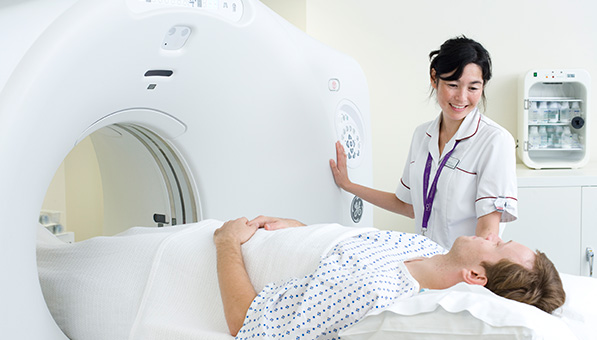Dermatitis Treatment in Harley Street, London
Dermatitis means inflammation of the skin. This leads to swelling, redness and possibly dry, cracked and weeping skin that can become infected. It can develop after the skin is in contact with an irritant, or a substance that you have an allergy to, or for a reason that cannot be found.
At The Devonshire Clinic in Harley Street, our team of dermatologists can provide dermatitis treatments to help reduce your symptoms and prevent them from recurring.
Types of dermatitis
The main types of dermatitis are:
- Contact dermatitis – either caused by exposure to an irritant (something that damages the surface layer of skin) or to an allergen (a substance that you are allergic to).
- Atopic dermatitis – this is also known as eczema and is a type of skin inflammation that is common in people with hay fever, asthma or food allergies.
- Seborrhoeic dermatitis – the skin is red and scaly but also greasy and contains yellow spots. In babies, this is called cradle cap and it frequently occurs on the scalp in older children and adults.
- Nummular dermatitis – a form of eczema that causes coin-shaped areas of inflammation in the skin.
- Statis dermatitis – itchy skin can develops on the limbs of older people with circulation problems.
Enquire about
Dermatitis Treatment in Harley Street, London
Contact dermatitis
This is a very common form of dermatitis that affects most people at some point in life, usually on the hands.
Exposure to an irritant can cause damage to the outer layer of skin resulting in redness itching and burning. Home, school and work all have many sources of irritants, making them difficult to avoid.
Potential sources of irritants are:
- Acids and alkalis
- Antiseptics and disinfectants
- Dust and soil
- Hard or chlorinated water
- Perfumes and cosmetics
- Soaps and detergents
- Solvents
You may develop symptoms if you have prolonged exposure to a weak source of irritant material, or one-off contact with a stronger irritant.
Several factors can make the symptoms of dermatitis worse:
- Doing a job that involves wet work or frequent washing of hands.
- Exposure to hot or cold, dry air
- Friction against the source of the irritant; dermatitis caused by a reaction to washing powder is often worse at the neck, armpits and waist, where clothes come into closest contact with the skin
Allergic contact dermatitis
This type of skin allergy can occur if you are particularly sensitive to any of the following:
- Metals including copper, cobalt in nickel
- Cosmetics, fragrances, nail varnish and hair dyes
- Preservatives used in medicines and toiletries
- Rubber and latex rubber
- Textiles dyes and resins
- Plants including chrysanthemums, daffodils, tulips and primula
Sometimes it is obvious what has led to the allergic response; sometimes it is very difficult to pinpoint the cause. Here at The Devonshire Clinic we can provide skin allergy testing to help identify specific triggers.
Atopic dermatitis
This is another name for eczema.
Seborrhoeic dermatitis
The skin contains thousands of sebaceous glands that produce an oily substance that helps the skin stay water-repellent and supple. This type of dermatitis develops in and around the sebaceous glands on the chest, scalp, forehead, ears, eyebrows and nose. Areas of the body with folds of skin such as the armpits, groin and under the breasts can also be affected.
Nummular dermatitis
This leads to disc-shaped or coin-shaped red patches in the skin, usually on the legs, arms, hands or the front of the abdomen. It is common in older people aged 55 to 65 but can also be a particular problem in women in the late teens and early 20s.
Statis dermatitis
This skin inflammation is caused by poor circulation and usually occurs in older people. The skin around the ankles is the most common site.
Diagnosing and managing dermatitis
Non-specialist doctors find it very difficult to distinguish between different skin conditions that look very similar. Our Consultant Dermatologists can help to provide a definitive and accurate diagnosis of your dermatitis and will give you lifestyle advice and medical dermatitis treatments to reduce your symptoms and prevent them from recurring.


